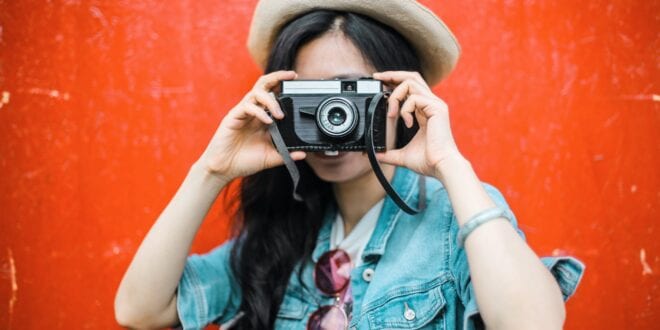Photography has become an integral part of our modern-day society. Technological advancement has made it possible for people to easily access cameras. Moreover, the rise of social media platforms has further catalyzed the growth of photography. Many companies have found themselves in the race to develop the latest gadgets that are more powerful and efficient. Even though camera phones aren’t as powerful as actual cameras, they have made significant advancements over the last decade.
When it comes to photography, having a camera is one part of the narrative; knowing how to operate your equipment is what will separate you from the other great photographers. Many people who are interested in learning photography are usually torn between going to college or learning on their own. Each of these options has its pros and cons; thus, it would be shrewd to weigh your choices to see which prospect would work best for you. However, it’s also important to note that many great photographers are self-taught. It’s very easy to learn photography these days, sites such as slrlounge.com offer incredible information about photography. Some of the things you can expect to learn include gears, editing, and different types of photography among other things.
The journey to becoming adept in photography can be long, bumpy, and confusing which could eventually make you lose a lot of valuable time. Here is a guide that will help you learn photography fast and within a very short period.
Familiarizing with Your Equipment

Photography is a field that not only requires a camera, but also other equipment that will help in enhancing the quality of the images. Some of these accessories include lenses, lighting equipment, stands, etc. Different tools are used to achieve particular effects and results. It’s very important to know the purpose of each piece of gear you have, and resources like INFPhoto can help you pick the right photo equipment based on what you intend to use it for. Moreover, you should know your camera like the back of your hand. Modern cameras have very sophisticated functionalities and capabilities that require operators to be very familiar with how they work. A huge number of people disregard the importance of a user manual; going through them can help you understand the functionality of your gadget. You don’t have to read the guide from cover to cover, just select specific parts you want to know, then read about it. After all, the manufacturers are the people who know the camera the most since they are the ones who made it. You will have substantial knowledge about your gadget upon reading the user’s guide.
Online Resources
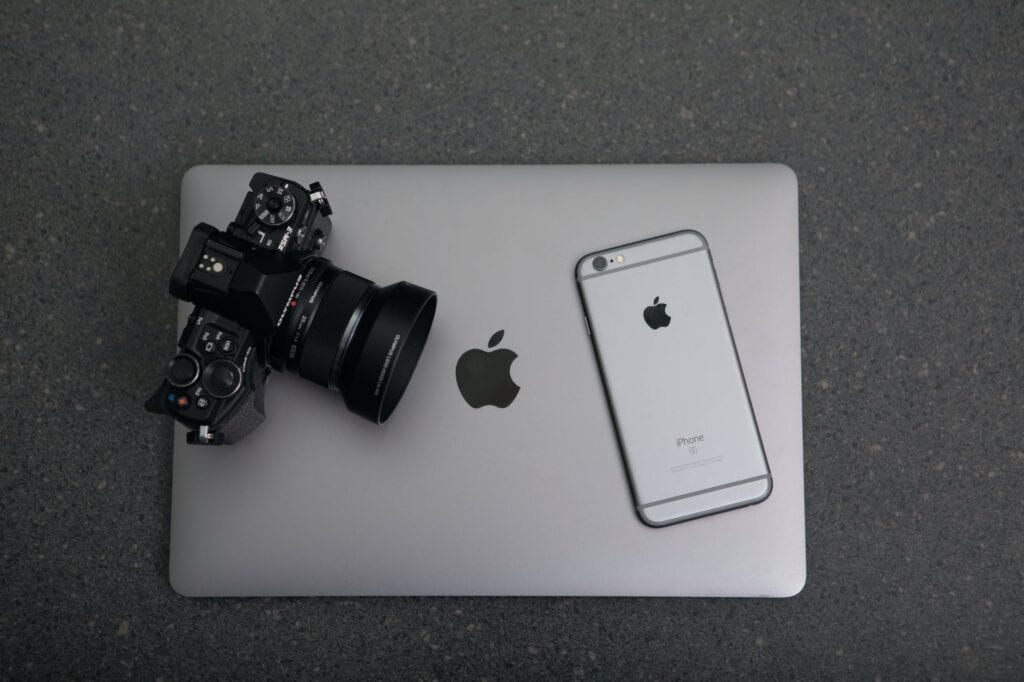
The web has become the fastest way to learn anything. A few minutes of research exposes a person to a lot of information thereby equipping him or her with vital skills. One of the greatest advantages of online resources is the fact that people can learn at their own pace. Since gadgets are also being updated more frequently than they used to, you can find relevant information about what is trending on various tech review blogs and YouTube channels. Video tutorials are also very helpful since they give people visual learning aid, which helps in the assimilation of the taught concept. If you find reading the manual of your camera challenging, this can be a great alternative to learn the essential parts of your gadget.
Practice Always Makes Perfect

No matter how many videos you watch or the number of books you read, nothing that will help you more than experience. This implies practicing your photography skills more frequently. Don’t worry about your photos not being as perfect as your favorite photographer. Always remember that it was a learning curve for them as it is to you. The only way you’ll become better is by taking as many shots as you can. You can conduct your practice on nature, water bodies, animals, or even offering free photoshoots to your family and friends. In the process, you will learn what works and what needs to change or improve.
Mentorship and Apprenticeship
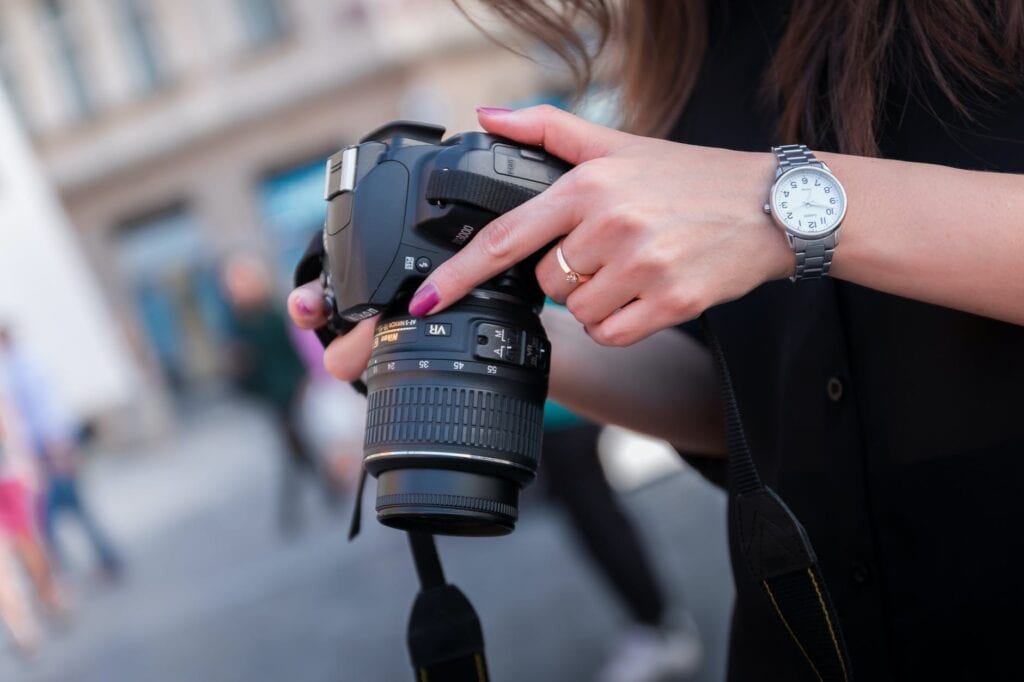
Many people looking to kick start their photography career always overlook the benefit of mentorship and apprenticeship. A lot of established photographers credit their success to apprenticeship and internships. You’ll have the opportunity to learn from an established person who understands how the photography industry works. This can help you avoid a lot of mistakes done by many rookies when starting their careers. However, you should also exercise caution when picking this route. You should only work with people who are passionate and generous with their knowledge; you might end sitting behind the desk and doing paperwork instead of learning vital skills when you choose the wrong person.
Attend Workshops
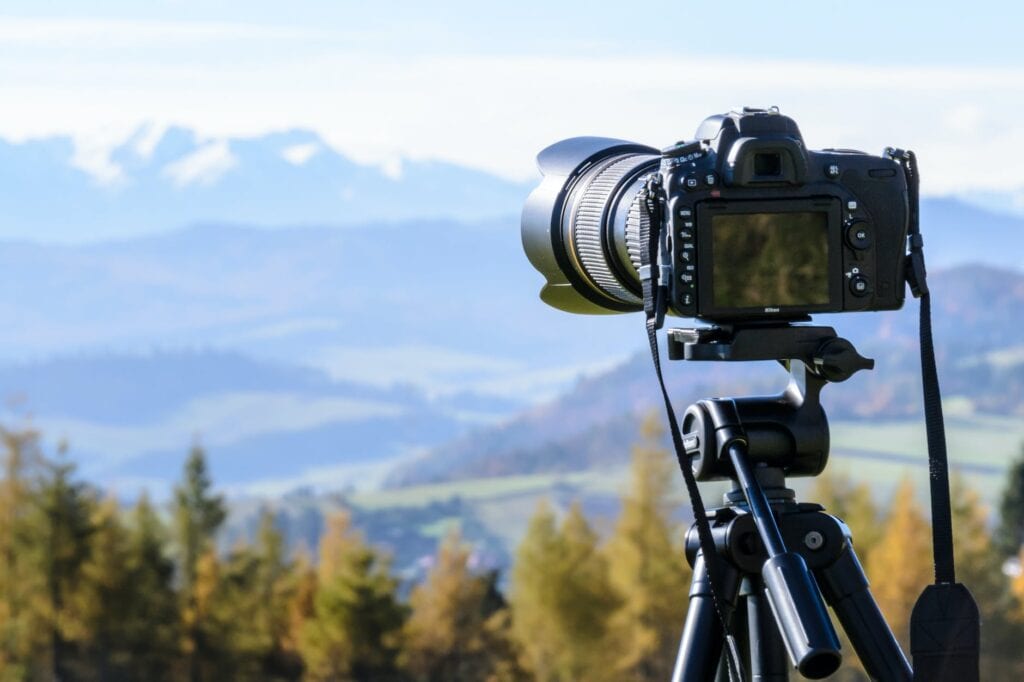
This option works best for people who don’t want to commit more than three years of leaning in a university or college. Even though several workshops do charge a particular fee, it isn’t costly when compared to conventional learning facilities. Apart from offering incredible learning opportunities, Workshops are also great places to find internships and connections. They also offer various photography styles which will help you choose the niche that appeals to you.
Networking
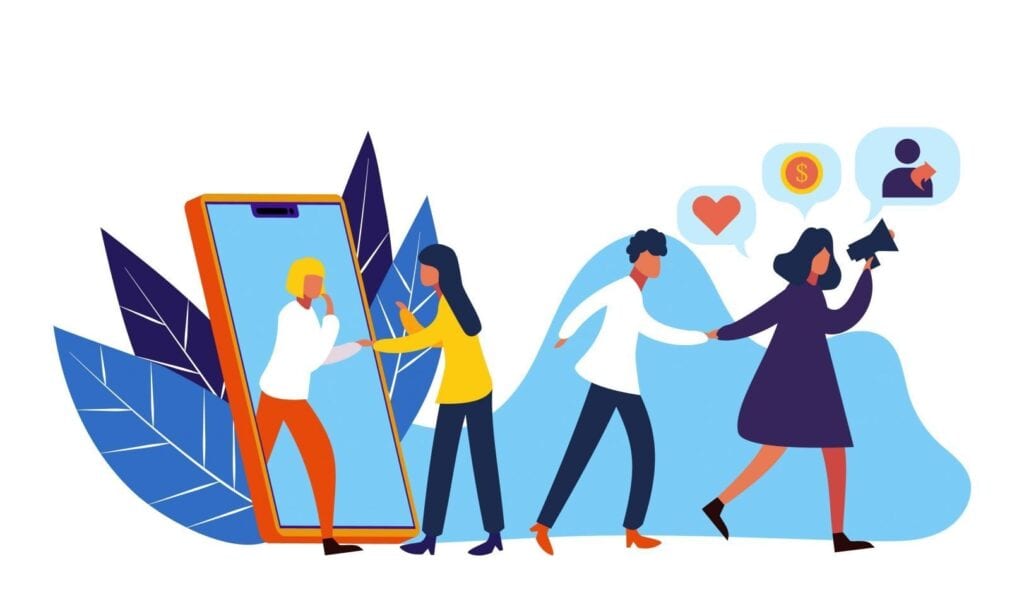
This is yet another important point especially if you’re planning to pursue photography professionally. Photography is a field that can be described as a personal business; hence, the best way to grow is by connecting with different people. Word of mouth is still considered a very powerful marketing tool; thus, networking will direct you to more leads and jobs. Part of networking is identifying the people you need in your business and how you’ll get repeat jobs. A good rule of thumb is to establish a good relationship with people, this will greatly impact the growth of your business.
Conclusion
Photography has become part of our daily lives. As technology advances, more gadgets and camera equipment are also being made. The internet and online resources have ultimately made learning easy and fun. Today, it’s very possible for people to become professionals without ever getting certification from a learning institution. All it takes is passion, determination, and dedication. If you’re commencing on your photography journey, be sure to implement the points mentioned above.
 Imagup General Magazine 2024
Imagup General Magazine 2024
